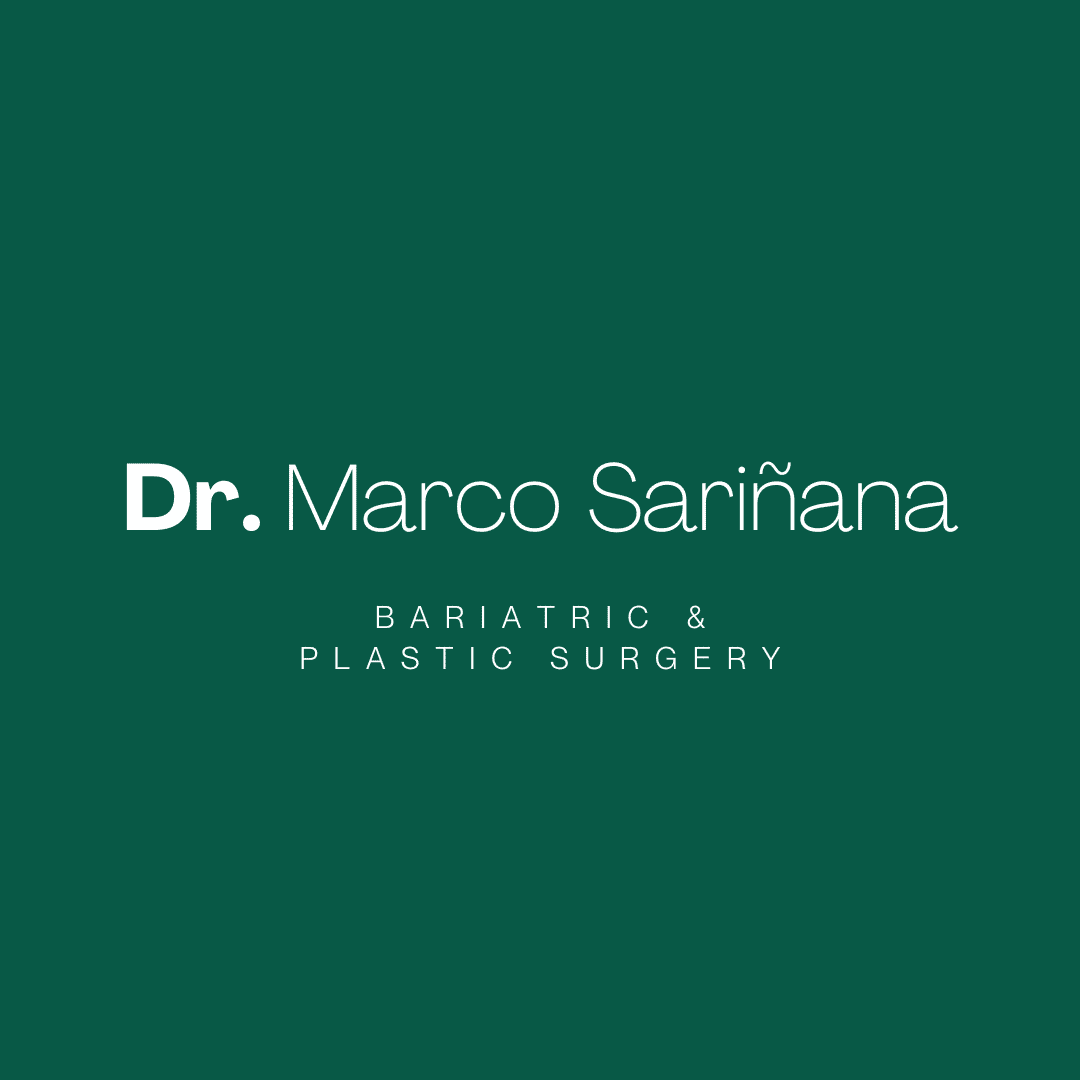10 Things You Should Know Before Gastric Sleeve in Mexico
.png)
Gastric sleeve surgery in Mexico can be life-changing, offering significant weight loss at a lower cost. To make the most of this opportunity, it’s crucial to be well-prepared. This guide covers the ten key things to know, from costs and choosing a reputable surgeon to pre-op preparation and recovery expectations, helping you approach your journey with confidence and ease.
1. How much does gastric sleeve surgery in Mexico typically cost?
Gastric Sleeve Surgery Costs in Mexico
| Aspect | Details |
|---|---|
| Typical cost | $4,000 – $8,000 |
| US comparison | $15,000 – $25,000 |
| Reason for lower cost | Lower cost of living, operational expenses, and medical salaries |
| What’s included | Surgery, hospital stay, surgeon’s fees, pre-op tests, sometimes transportation & accommodation |
| Caution | Avoid prices that seem “too good to be true”; prioritize safety and quality |
| Financing | Many clinics offer payment plans |
2. Is gastric sleeve surgery in Mexico safe?
The safety of your surgery largely depends on the credentials of your surgeon and the accreditation of the hospital. Look for surgeons who are board-certified and have extensive experience in performing bariatric surgery. Many top surgeons in Mexico have received training in the U.S. or Europe and are members of international medical organizations. The hospitals should be accredited by bodies like the Joint Commission International (JCI) or the Mexican General Health Council, which ensures they meet rigorous international standards for patient safety and quality of care.
3. How do I choose the right surgeon and clinic in Mexico?
The selection of your surgeon and clinic is the most critical decision you will make in your medical tourism journey. Here are some key factors to consider:
- Surgeon's Credentials: Verify the surgeon's board certifications, medical school, and residency training. Look for memberships in professional organizations like the American Society for Metabolic and Bariatric Surgery (ASMBS) or the International Federation for the Surgery of Obesity and Metabolic Disorders (IFSO).
- Experience: Inquire about the number of gastric sleeve procedures the surgeon has performed. A higher volume of surgeries often correlates with better outcomes.
- Hospital Accreditation: Ensure the hospital or clinic is accredited by reputable international or national bodies. This indicates that the facility meets high standards for safety, hygiene, and patient care.
- Patient Reviews and Testimonials: Read reviews from previous patients on independent platforms. Look for feedback on the surgeon's skill, the staff's attentiveness, and the overall patient experience.
- Communication: The surgeon and their team should be able to communicate with you effectively in your language. Clear communication is vital for understanding pre- and post-operative instructions.
4. What does the pre-operative diet entail?
Preparing your body with the right pre-operative diet is a crucial step before gastric sleeve surgery. Following your surgeon’s guidance helps ensure a safer procedure and sets the foundation for long-term success. Key points to keep in mind:
-
Follow a surgeon-prescribed pre-op diet based on your health and BMI.
-
The diet helps reduce fat in and around the liver for a safer surgery.
-
Final days before surgery usually involve a clear liquid diet: broth, sugar-free gelatin, and clear protein drinks.
-
Stay well-hydrated during this period.
-
Pre-op diet helps establish healthy eating habits for long-term post-surgery success.
5. What should I expect on the day of surgery?
Before surgery, you’ll fast for a set period, usually starting the night before. At the hospital, paperwork is completed, vital signs are checked, and you can ask last-minute questions. The procedure is done under general anesthesia, so you won’t feel any pain.
During surgery, small incisions are made to insert a laparoscope and instruments. A large portion of the stomach is removed, leaving a small, banana-shaped “sleeve.” Afterward, you’ll be monitored in the recovery room as you wake from anesthesia.
6. What is the recovery process like in Mexico?
After hospital discharge, proper post-operative care is essential to ensure a smooth recovery and long-term success. Key points to follow include:
-
Stay in a nearby hotel for a few days for follow-ups and recovery before traveling home.
-
Follow detailed post-operative instructions on diet, activity limits, and wound care.
-
Expect some pain, discomfort, and fatigue initially, manageable with prescribed medication.
-
Most patients return to work and light activities within 2–4 weeks.
-
Full recovery and resuming strenuous exercise may take several months.
-
Regular follow-up with your surgeon and nutritionist is crucial for long-term success.
7. What will my diet be like after surgery?
The post-surgery diet is carefully structured to meet your nutritional needs while your new, smaller stomach heals. The progression is typically as follows:
- Stage 1 (First week): Clear liquids such as water, broth, and sugar-free drinks.
- Stage 2 (Weeks 2-4): Pureed foods and protein shakes.
- Stage 3 (Weeks 5-6): Soft, moist foods that are easy to chew and digest.
- Stage 4 (Beyond 6 weeks): Gradual reintroduction of solid foods, focusing on lean protein, vegetables, and fruits.
It is crucial to eat small portions, chew your food thoroughly, and eat slowly to avoid discomfort and complications. You will also need to take vitamin and mineral supplements for life to prevent nutritional deficiencies, as you will be consuming significantly less food.
8. How much weight can I expect to lose?
9. What are the potential long-term side effects or complications?
While gastric sleeve surgery is generally safe, it’s important to know potential long-term issues:
-
Nutritional deficiencies are common; lifelong supplementation of B12, iron, and calcium is essential.
-
Regular blood tests are needed to monitor nutrient levels.
-
Some patients may develop new or worsening acid reflux, sometimes requiring medication or revision surgery.
-
Overeating can stretch the stomach pouch (sleeve dilation), leading to weight regain.
-
Rarely, staple line leaks can occur shortly after surgery and require immediate medical attention.
10. What kind of aftercare and follow-up support is provided?
Long-term success after gastric sleeve surgery is heavily dependent on ongoing support. When choosing a clinic, inquire about their aftercare program. A good program will include:
- Post-operative appointments: These may be done remotely via phone or video calls.
- Nutritional support: Access to a registered dietitian or nutritionist is crucial for guidance on your post-surgery diet and to address any nutritional concerns.
- Support groups: Connecting with other bariatric patients can provide valuable emotional support and practical advice. Many clinics have private online forums or social media groups for their patients.
- Direct access to your surgeon: You should have a way to contact your surgeon or their team if you have any urgent medical questions or concerns.
This ongoing support system is vital for navigating the physical and emotional changes that come with significant weight loss and for maintaining your long-term success.
Ready to take the next step in your weight loss journey? Explore PlacidWay for comprehensive information and to connect with leading bariatric surgeons and gastric sleeve surgery clinics in Mexico. Your path to a healthier life starts here.


.png)

.png)





.png)






Share this listing